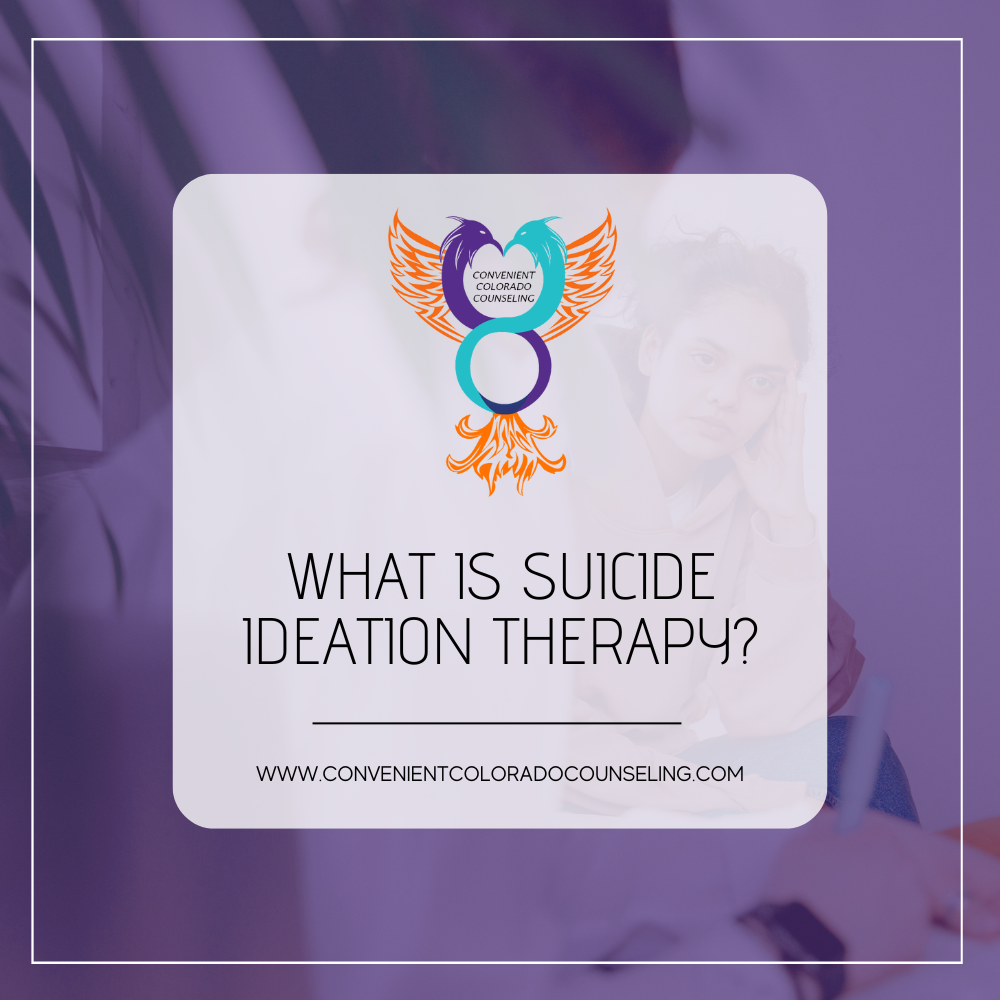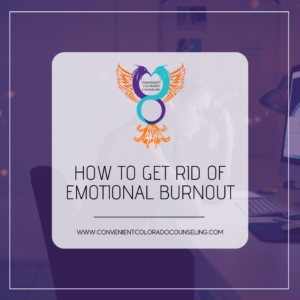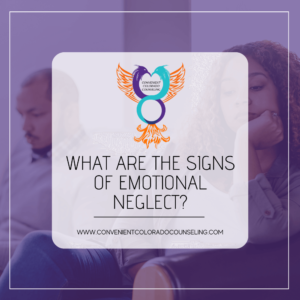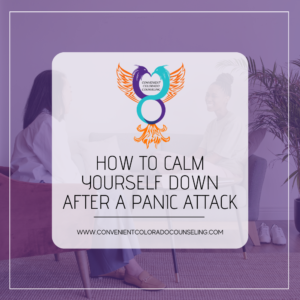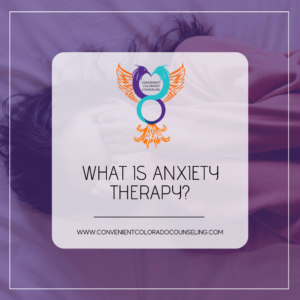The CDC reported that an estimated 12.2 million adults seriously thought about suicide in 2020. In the United States, suicide is a leading cause of death. Suicide affects every age, race, and gender. We are all impacted by the effects of suicide whether your family member died by suicide, a friend attempted suicide, or you struggle with suicidal ideation now. Know this — you are not alone. Suicide ideation therapy is available and can help to ease the weight of the thoughts and emotions that you carry about ending your life.
At Convenient Colorado Counseling, I am a Licensed Professional Counselor Candidate (LPCC) in Colorado who works with individuals struggling with suicidal ideation. I understand how difficult it is to have recurring thoughts about suicide. These emotions are overwhelming, and often clients feel guilt, anxiety, and hopelessness. At Convenient Colorado Counseling, you are in a safe, non-judgemental space. Together, you and I will work through the difficulties you are facing so you can work towards living a happier life. I am here to support you and be a resource for you during your mental health healing journey. My goal at Convenient Colorado Counseling is to add to your support system, teach you evidence-based therapeutic techniques, and help you rediscover happiness.

What is Suicidal Ideation?
Suicidal ideation is reoccurring thoughts of suicide. It is a broad term that includes suicidal thoughts and behaviors, such as thoughts of dying or attempts to die. Suicidal ideation thought patterns can vary in intensity, duration, and frequency. There are two broad categories of suicidal ideation: active and passive.
Suicidal ideation thoughts, emotions, and behaviors can range from active suicidal ideation to passive suicidal ideation. Active ideation is when an individual is preoccupied with thoughts about dying and has a plan to end their life. Passive ideation is when a person wants to die but does not have a plan to commit suicide.
What Causes Suicidal Ideation?
Many individuals experience suicidal ideation due to an unexpected, negative change in their life. This can include financial struggles, trauma, health problems, interpersonal conflicts, domestic abuse, or the loss of a loved one. Mental illness can contribute to suicidal ideation, too. For example, depression, bipolar disorder, or anxiety disorders can impact the intensity, duration, and frequency of suicidal ideation.
Symptoms of Suicidal Ideation
There are many signs and symptoms of suicidal ideation. The main sign is repeating thoughts of wanting to end your life. However, other symptoms of suicidal ideation include:
- Talking about suicide
- Loss of hope
- Guilt
- Shame
- Emotional numbness
- Fatigue
- Engaging in risky behaviors
- Social isolation
- Changes in normal routines
- Giving away belongings
Risk Factors for Suicidal Ideation
Additional risk factors for suicidal ideation include:
- Genetic predisposition
- Substance abuse
- Isolation
- Illness
- Lack of support resources
- Unexpected, negative life event
It is important to note that the warning signs of suicidal ideation vary from person to person. Suicidal ideation and behavior are not always obvious. This is why professional help to prevent suicide is crucial.

Treatment for Suicidal Ideation
Treatment for suicidal ideation is the best way to prevent suicide. Suicidal ideation can be severe, and immediate action may be necessary. Suicidal actions, such as attempts, self-injurious behaviors, or gestures, are serious and should be treated with care. These options include going to an emergency room, going to a mental health crisis center, or calling the National Suicide Prevention Lifeline at 988.
What is Therapy for Suicidal Ideation?
Suicide ideation treatment will vary depending on the severity of the ideation. Treatment options include psychotherapy, medication management, outpatient care, inpatient work, or a mix of treatments. Therapy for suicidal ideation can be effective in managing thoughts, emotions, and behaviors. The best place to start when looking for help for suicidal ideation is by finding resources in your community. Individual therapy, group therapy, and suicide hotlines are good places to start when you begin your path towards healing.
Suicide Ideation Therapy Where You feel Most Safe
If you are struggling with suicidal ideation, know you are not alone. Many people all across the world have thoughts about ending their life. What you are going through does get better, and therapy for suicidal ideation will teach you how to cope with these thoughts, emotions, and behaviors. You deserve to live a life of happiness and help is available.
At Convenient Colorado Counseling, my mission is to create a comfortable, judgment-free space where you feel safe expressing how you feel. Talking about suicide is not easy. As an LPCC in Colorado, I have worked with many individuals who struggle with suicidal ideation. The emotions we carry often feel overwhelming, but I am here to become a mental health resource for you. We will work together on the difficulties you are facing so you can live your best life. If you have any questions about suicide ideation therapy, contact Convenient Colorado Counseling!

